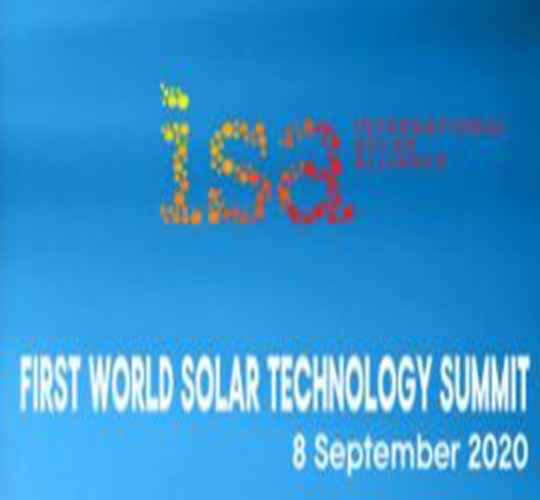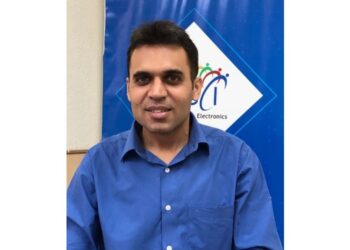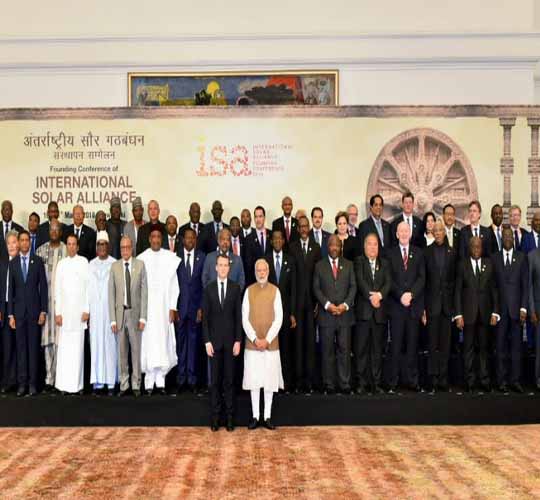The ISA (International Solar Alliance) organised first World Solar Technology Summit will start off today. The event, which has taken a virtual avatar due to the Covid pandemic, will be managed out of Delhi. Over 26,000 ‘participants’ from 149 countries had registered for the summit till yesterday.
A key highlight is the launch of an international journal on solar technology, besides the signing of multiple cooperation agreements.
For ISA President and Power Minister R.K. Singh, along with Barbara Pompili, the co-president of the ISA Assembly and France’s Minister for Ecological Transition, the summit is a key platform to add impetus to technological developments, and cooperation in the solar space within and beyond the ISA world. They will be joined by the vice presidents of ISA from Africa, Asia Pacific and the Latin American and Caribbean Region (LAC) during the inaugural address.
True to its name, the event has lined up miltiple technical sessions, besides speakers with solid scientific credentials. That includes, among others, Mr M Stanley Whittingham, winner of the Nobel Prize in Chemistry (jointly with John B Goodenough and Akira Yoshino) in 2019 for lithium ion batteries, who will deliver the keynote address in the inaugural.
India’s representation will be significant, with Minister for Petroleum and Natural Gas, Dharmendra Pradhan also addressing the inaugural, besides Piyush Goyal, the Railway and Commerce and Industry Minister ( And Mr Singh’s predecessor at the MNRE), who will deliver the valedictory address.
The focus on technology couldn’t have been a coincidence, as India, along with like minded partners seeks to look ahead, rather than back or even the present, where China based firms dominate overwhelmingly. With China cool to the initiative, the agenda has defined itself, some would say, with a need to look ahead to a future that is less linked to the sort of dominance a single country enjoys today. Something that will be driven by technological breakthroughs, be it for lowering costs further, or integrate solar more deeply with the global energy streams.












